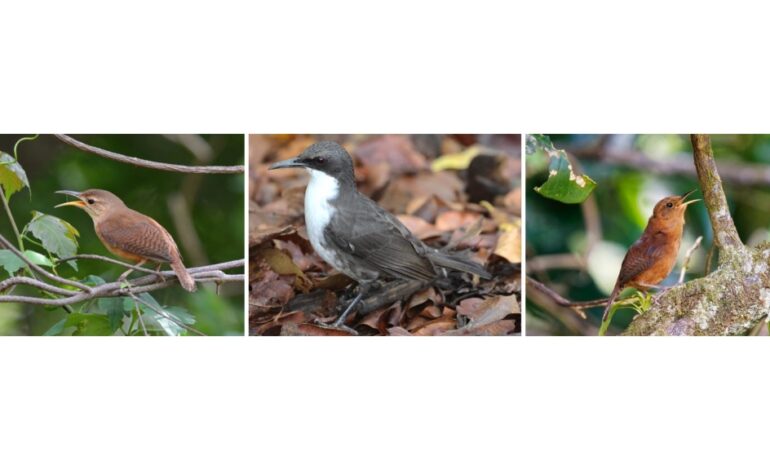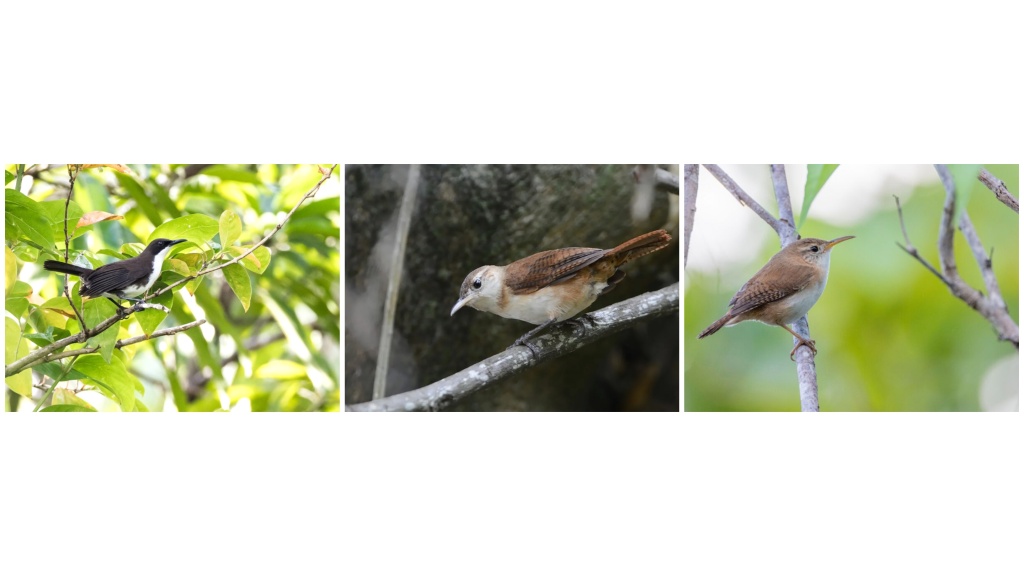6 birds recognised as endemic to their Caribbean islands

Six birds in the Caribbean have been recognized as endemic species, according to BirdsCaribbean, following an update from the American Ornithological Society, which now lists 185 endemic bird species.
“Rather than discovering completely unknown birds, these new species emerged from deeper research into the unique geographical and biological features of the Caribbean. Islands are hotspots for endemism because isolated bird populations tend to evolve into distinct forms over time. As these differences accumulate, some populations eventually diverge enough to be classified as separate species,” BirdsCaribbean stated.
“The bird formerly known as the House Wren has undergone a major revision and is now split into seven different species—four of which are newly recognised as Caribbean endemics! We welcome the Grenada Wren, St Lucia Wren, St Vincent Wren, and the Kalinago Wren, which is native to Dominica. The Kalinago Wren, named in honour of Dominica’s indigenous Kalinago people, was also historically found on Guadeloupe and Martinique, though it has since disappeared from those islands.

The group added: “Trinidad and Tobago now has the Southern House Wren, whose range extends into Central and South America. However, it is believed that research may reveal that Trinidad and Tobago harbours its own distinct wren species. Further study is needed.”
The White-breasted Thrasher was split into two distinct species, the Martinique Thrasher and the St Lucia Thrasher.
The Martinique Thrasher is considered Critically Endangered, while the St Lucia Thrasher is listed as Endangered.
“These new species underscore the ongoing potential for further bird research in the region. With new species being identified every year, it’s clear there is still much to learn about the incredible birdlife right here in our backyards, parks, forests, wetlands, and coastal habitats. It’s also imperative that we support conservation initiatives and take care of these unique birds by reducing the threats they face. It’s up to all of us to protect their habitats to ensure they thrive long into the future, for the benefit and enjoyment of all,” BirdsCaribbean added.





